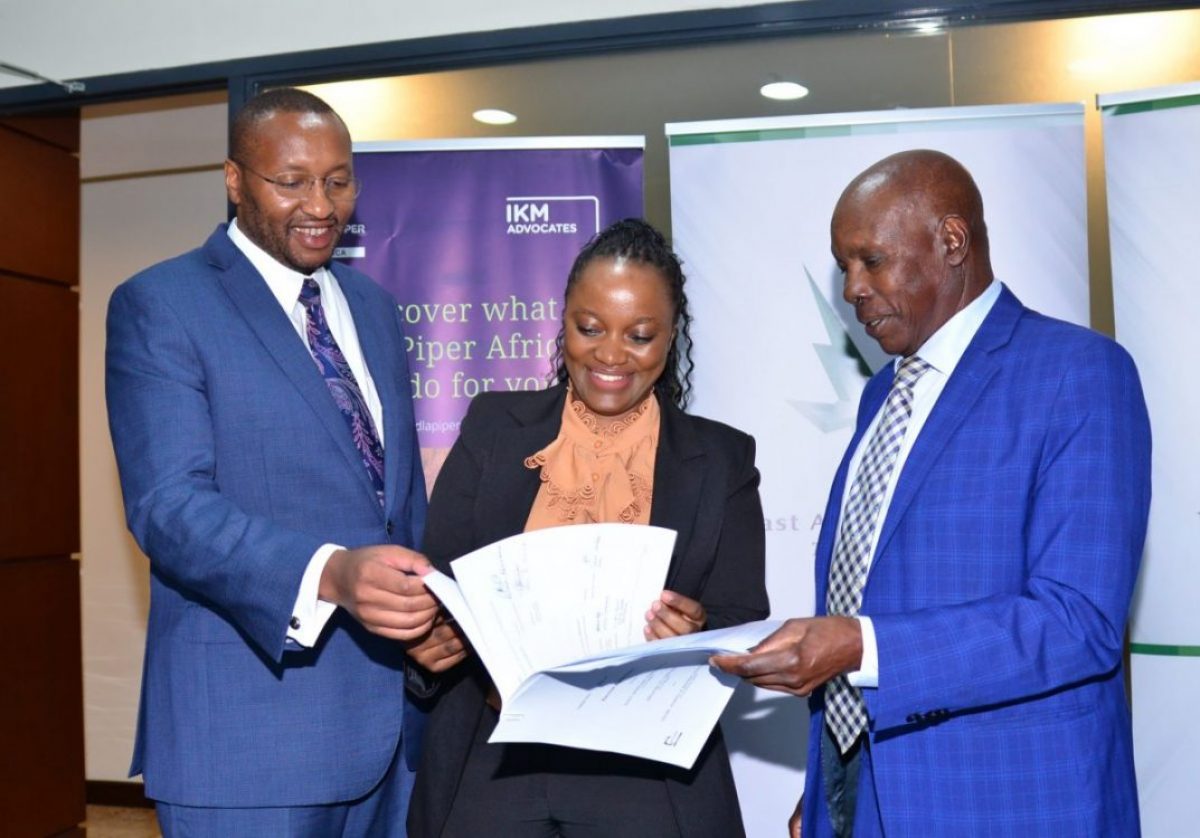
To reduce debt, East African Cables plans to sell its Tanzanian business at a loss
According to the firm’s financial report, East African Cables’ investment was impaired by over Ksh83 million ($628,426) last year due to continual loss-making, and the company was only able to raise Ksh31.29 million ($234,713) from the sale of its part in the Tanzania subsidiary.
The cable maker, beset by debt, is taking steps to prevent additional financial difficulties, including the sale.
An estimated Ksh2.41 billion ($18.24 million) is owed by the company to banks, the majority of which is Ksh2.04 billion ($15.44 million) and is owed to Equity Bank.
With administrators taking over its activities following its default last year, Equity, a business registered on the Nairobi Securities Exchange, is operating with limited options.
The company claims in its most recent annual report (2023) that the attempted receivership has damaged its reputation among lenders and investors as well as in the business community.
Even the banks who had begun lending negotiations have been cautious to open their vaults to the corporation, and their progress has been slow.
“The Administrator’s appointment in mid-2023 adversely affected the disbursement of much-needed working capital by potential lenders, some of whom had already committed,” the statement reads.
“Nevertheless, the company and group are still looking for partnerships to finance trade facilities.”
As of December 31, 2023, the company’s total bank debt was Ksh2.41 billion ($18.24 million), which it owed Ecobank Kenya and SBM, respectively, for Ksh129.48 million ($980,345) and Ksh241.58 million ($1.82 million).
The company is thinking about selling non-core assets, getting help from TransCentury, its parent company, and, most recently, selling its Tanzania subsidiary, which is losing money.
Due to a combined loan by the business and its Tanzanian affiliate, the group and company owe Equity Bank Kenya Ltd Ksh2 billion.
According to the corporation, the subsidiary’s divestiture will not only lower the remaining debt obligation but also make the group leaner for a speedier turnaround.
It is anticipated that the non-performing Tanzanian portion of the loan will be settled, effectively curing the default.
The business declared in March that it had reached a deal with Msufini Tanzania to sell its whole 51 percent share in the Tanzanian subsidiary for an unknown sum, contingent upon clearance from shareholders and authorities.
The price was not disclosed at the time of the transaction announcement, but according to company disclosures, the firm may incur a loss on the sale of the shares of Ksh83.74 million ($634,029).
It claims that Ksh83.74 million has been deducted from the Ksh115.03 million ($870,938) investment it made in the Tanzanian unit in 2005 when it acquired a 51 percent ownership, bringing its market value down to Ksh31.29 million.
The Tanzanian subsidiary had a net liabilities position of Ksh396 million ($2.99 million) at the end of 2023 and a financial loss of Ksh196 million ($1.48 million).
As there are fewer avenues for obtaining the working cash needed to keep this company going, the board has chosen to sell it.A prospective buyer has been found, and a share purchase agreement has been signed, subject to approval from stakeholders and regulatory bodies. Reducing outstanding debt will be accomplished with the funds from this deal.
The company and group are concentrated on creating internal cashflows in order to pay off existing debt, boost business performance, and establish the company’s financial sustainability. The company is actively looking to sell non-production assets and the Tanzanian subsidiary in order to enhance cashflow and lower outstanding bank borrowings.”
In an effort to boost performance and free up idle capacity, the corporation is also in the process of negotiating non-funded working lines with additional lenders.
Typically, when a company enters administration, the exchange suspends trading of its shares. However, East African Cables was able to avoid this by virtue of a court order that expedited the administration process.
From Ksh1.24 billion ($9.38 million) in 2022 to Ksh2.63 billion ($19.91 million) in 2023, its negative working capital increased.
The organization and business owed Equity Bank Kenya Ltd. Ksh659.73 million in past-due loans. The primary lender, Equity Bank Kenya Ltd., sought payment of the outstanding payments due on June 16, 2023, and appointed an Administrator to oversee the company’s operations as a result of the loan arrears. Nevertheless, the company maintains that the High Court granted an injunction, enabling the Board of Directors and management to carry on with the operation of the business until the case is heard and decided.
“While the board and management are working on various actions to ensure that the outstanding debt is regularized, the group and company are unable to settle these arrears in the normal course of business.”
TransCentury owns 68.37 percent of East African Cables, which is now battling to remove its insolvency status.
Transcentury is having financial difficulties, and its anticipated Ksh2 billion ($15.14 million) cash call from shareholders fell short of target by 59.87 percent. As a result, it expects to raise just Ksh350 million ($2.64 million) via the sale of non-core assets.
Against a target of Ksh2 billion ($15.14 million), it only raised Ksh828.1 million ($6.26 million) from the rights offering.
All Categories
Recent Posts
Tags
+13162306000
zoneyetu@yahoo.com



